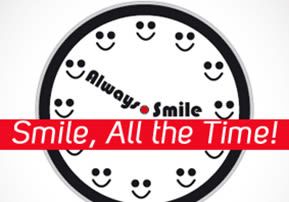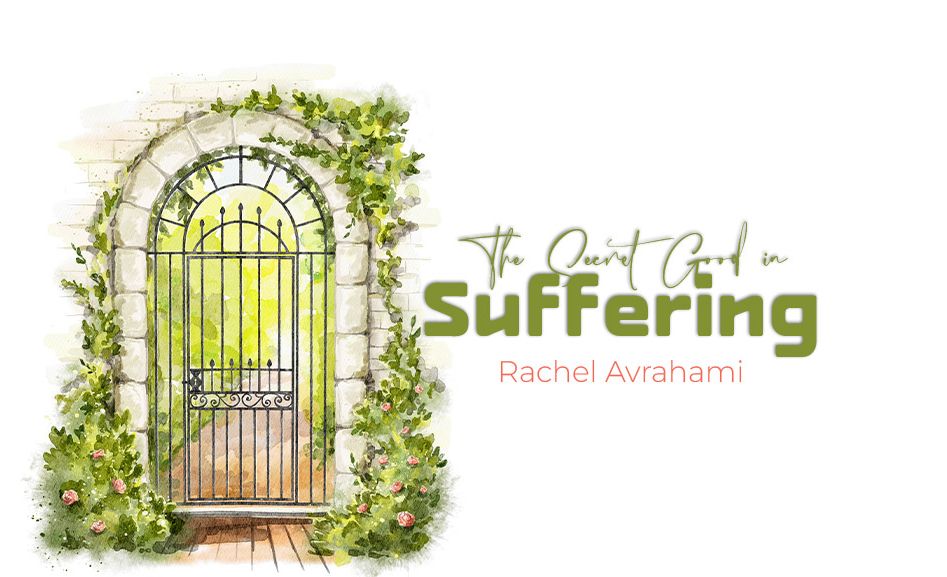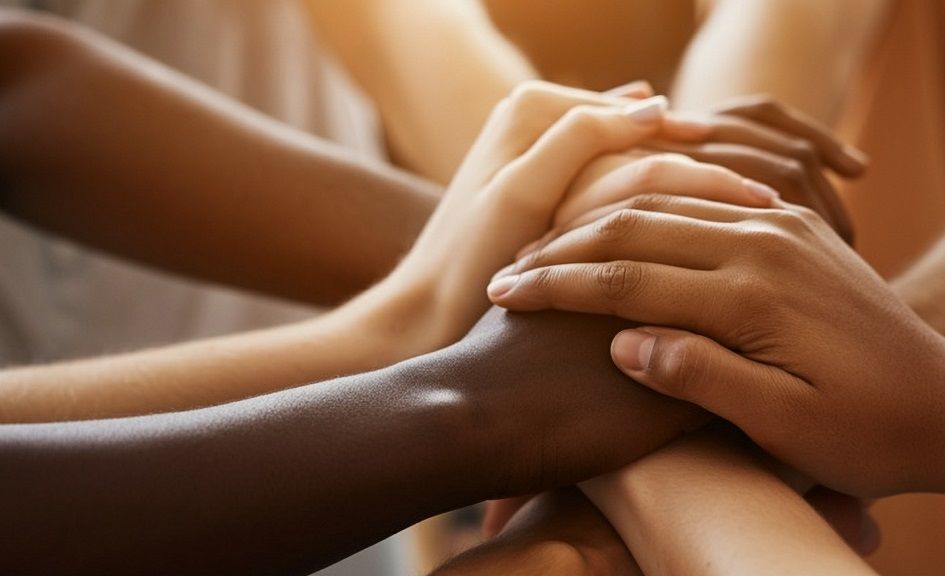
Smile, All the Time!
Our difficulties in life are gifts in disguise to prevent us from becoming smug and to keep us close to Hashem; once we feel Hashem's Presence, everything is good...

A person’s difficulties in life begin when he thinks that he is responsible for the good in his life. He therefore becomes smug and drifts away from Hashem. By doing so, he begins to think that there is bad in his life too. The Evil Inclination first injects negative thoughts into his heart and brain, then seizes a foothold, and finally causes the person to speak and do negative things. This causes a downward spiritual spiral. For a person to return to Hashem, he must see his inability to accomplish anything on his own, and recognize his own limitations without Hashem’s help. As such, the tribulations in life that break down a person’s arrogance and bring him to the point where he must seek Hashem are intrinsically good.
King Solomon says (Ecclesiastes, 7:14), “Be pleased on a good day, but in time of misfortune reflect: G-d has made the one as well as the other so that a person can have no complaints about Him.” King Solomon teaches that there are two types of days: when things go according to plan and to our liking, we certainly must thank Hashem and attribute the good to Him. But if a person takes credit for the good, then he can also expect the opposite, for “G-d has made the one as well as the other,” since the days that don’t go the way we want them to and are displeasing are as equally undesirable as the good days are desirable. The undesirable  days are designed to make us “reflect” – take stock in ourselves, think about why we’re suffering, rid ourselves of arrogance, and return to Hashem. Once a person realizes that the undesirable days and their difficulties are for his ultimate benefit, then he truly has no complaints about Hashem.
days are designed to make us “reflect” – take stock in ourselves, think about why we’re suffering, rid ourselves of arrogance, and return to Hashem. Once a person realizes that the undesirable days and their difficulties are for his ultimate benefit, then he truly has no complaints about Hashem.
When a person strives to fulfill his purpose in life, then the Evil Inclination becomes an invaluable tool. His setbacks teach him that he is sorely lacking and limited. They bring him to a point where he sincerely seeks Hashem. By virtue of our Evil Inclination, we must be in constant contact with Hashem because we always need His help. If everything in life went according to the way we would like, we’d become smug, complacent and far away from Hashem. The trials and tribulations that we get from the Evil Inclination are all geared to elicit a greater effort toward teshuva and coming closer to Hashem.
Not only that, but all our trials and tribulations in life are designed to encourage us to do teshuva and bring us closer to Hashem. In that way, they’re all good. And since they’re all good, we can smile all the time.
Rejoice in Hashem! Don’t just mope around and be grumpy until Mashiach comes. We can be happy right now! Rejoice in every mitzva, in every word of Torah we learn, and in every smile that we’re able to grace other people with. Charity begins at home – the first people who deserve our smiles are our spouses, our parents and our children.
Life is beautiful with smiles and gratitude. Recently, when Rav Shalom and I were together in the USA, person after person was saying, “Rabbi, you saved my life.” So many people said that to Rav Shalom, so he learned those types of phrases in English and I didn’t have to translate them for him. Once a person learns that everything Hashem does is for the best, he can truly smile – not a plastic smile, but a deep sincere smile from way down deep in the heart. That type of smile has the power to make the sun shine and to illuminate another person’s life.
A few weeks ago, I gave a lesson in the Neve Tzion Yeshiva in Telstone. The cab driver who drove me from Ashdod to Telstone told me a story about how he recently had severe financial problems, which in the past, would always create tension at home. After learning The Garden of Emuna and The Garden of Gratitude, he knew that everything was for the best, that Hashem simply wanted him to get closer. He started thanking Hashem every day for his debts; he’d smile at his wife and tell her not to worry. He made the sun shine for her, so she didn’t worry. Soon, not only did he repay his debts, but he bought his own cab and didn’t have to drive someone else’s cab anymore. With emuna, he could smile at his wife. Someone else with less emuna would have made his wife panic-stricken worrying about where her next meal will come from. That’s the power of emuna and the light of a smile. That’s the light that every household should merit – right now.
Smiles and emuna save lives, that’s why it’s such a big mitzva to spread both.
After Rebbe Nachman left the physical world, many of his spiritually-gigantic pupils either shopped around for replacement rebbes or became rebbes on their own right. Not Rebbe Natan; he understood that there was no replacement for Rebbe Nachman, and that the light of emuna that Rebbe Nachman was bringing into the world was the light of Mashiach. So what did he do? In his own words, he discarded his own intellect and adopted Rebbe Nachman’s intellect. He became the moon that reflected the light of the sun, his teacher.
There’s a really important lesson that I learned from my teacher. Smile – all the time. You’ll make the sun shine, you’ll save lives, and you’ll illuminate the world to such an extent that Hashem will surely rebuild our Holy Temple in Jerusalem, speedily in our days, amen!











Tell us what you think!
Thank you for your comment!
It will be published after approval by the Editor.